Swim Stars has taken the initiative of tackling the issue of marine pollution and raising awareness among the younger generation of its impact on biodiversity by integrating these subjects into our swimming lessons and organizing a week dedicated to ecology.
Why not take advantage of the fact that the children are in the water to talk to them about the health of the planet’s waters?
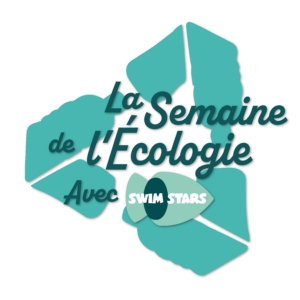
Pollution occurs when an ecosystem cannot or no longer degrade the substances introduced into its environment, and its equilibrium is upset. Pollution can be the result of natural disasters or human activity: use of fossil fuels, oil spills, waste dumped in nature, chemical, noise and electromagnetic pollution...
An ecosystem is made up of all living organisms (the biocenosis) and their non-living environment (the biotope). For example, in a lake there are fish, algae and aquatic plants (the living) and water, mud and climate (the non-living). The planet is a large ecosystem with many sub-systems that balance each other and are divided into 3 major "compartments": water (hydrosphere), air (atmosphere) and soil (lithosphere).
Pollution has major impacts on human health, animal species and the Earth's ecosystems (water, air, soil). Global warming is a direct consequence, generating changes on a global scale: heat waves, more frequent forest fires, water shortages, floods, infectious diseases, migrations or extinction of certain animal species...
It results from all the products discharged into the seas and oceans by human activity, arriving by river, wind, air or being directly discharged into the sea... including plastic waste. The consequences are manifold: injury to marine animals, alteration of the ecosystem, dispersion of toxic substances and danger to humans who consume polluted marine species.
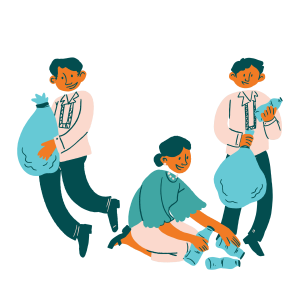
During the week, Swim Stars coaches will focus their educational exercises on initiating dialogue around pollution and environmental protection.
Children will become aware of the importance of recycling thanks to aquatic trails and waste sorting workshops, all while working on their skills.
Floating and sinking objects will come into play and become waste to work on immersion and movement in a fun and educational way.
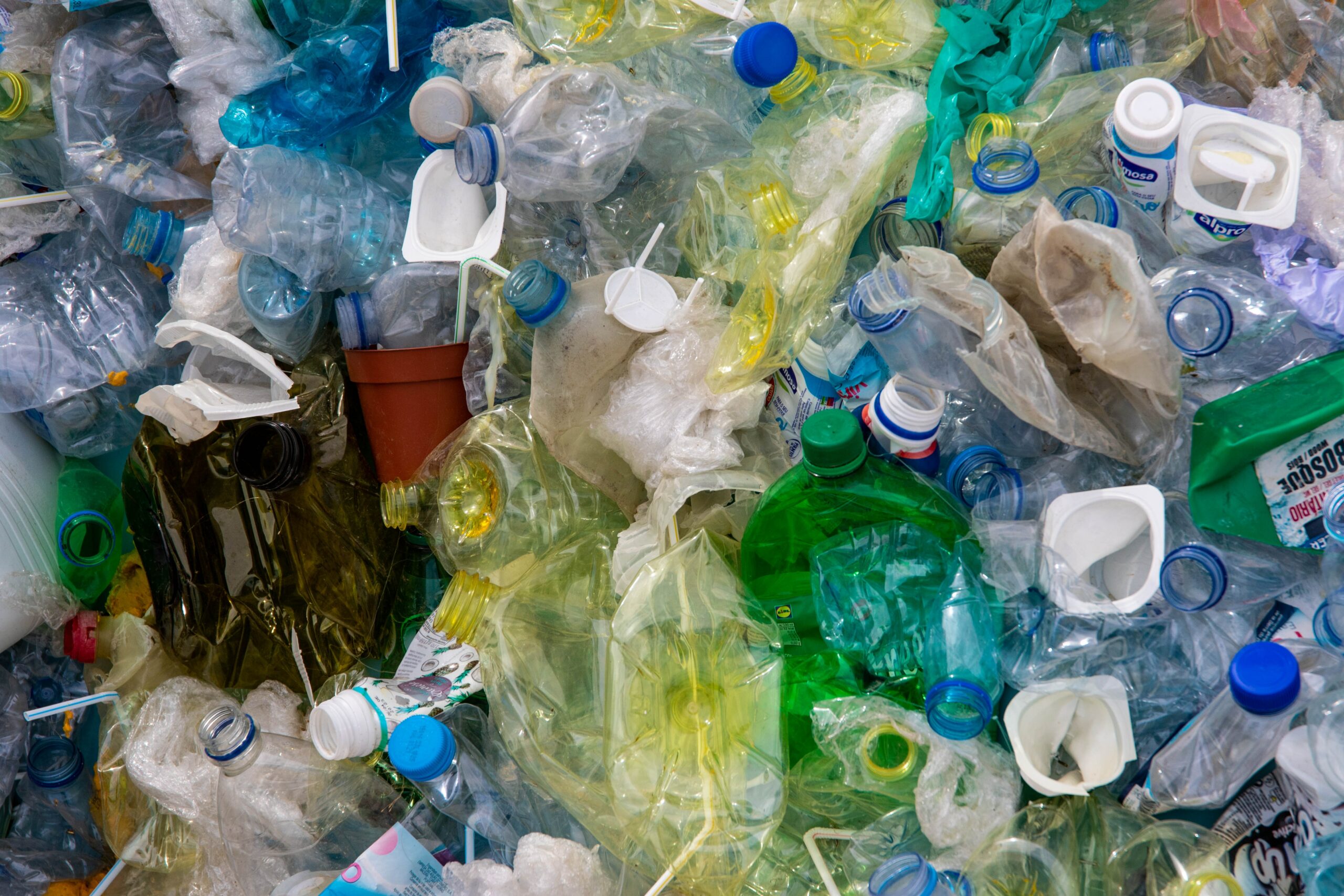
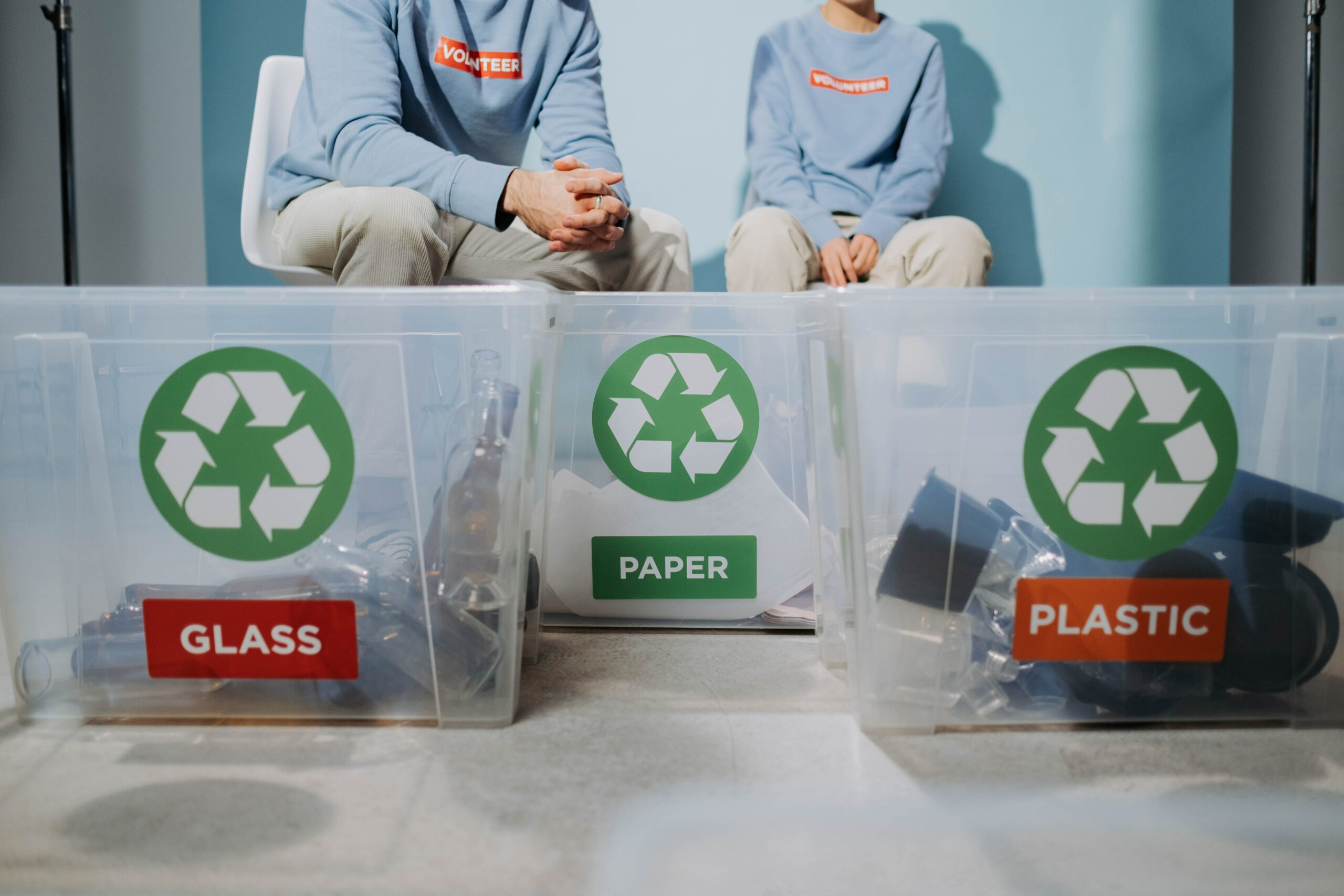
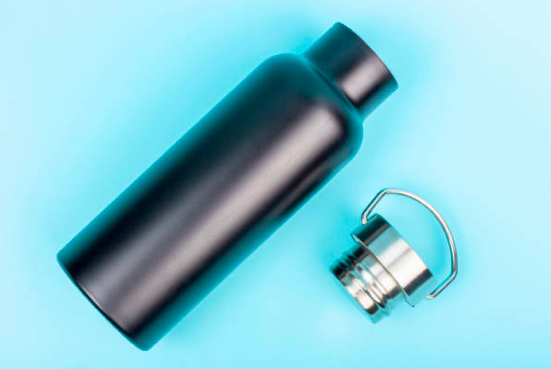
Preserving the environment is very close to our hearts, especially the issue of marine pollution. That’s why we came up with the idea of using children’s time in the water as an opportunity to raise awareness of the health of our planet’s oceans.
Reducing the impact of plastics is a crucial issue, and in our own small way, we want to contribute to positive change. After all, today’s young people are the key players in tomorrow’s solution!
The animations will take place during the AUTO-RESCUE and Apprentissage courses scheduled during the week of October 30 to November 05 in Swim Stars pools.
The coaches will work on the pedagogy and learning of the students as they do on every course, with the difference that the floating and sinking equipment will be used for fun and educational courses and workshops; their names will be diverted into waste names to raise awareness of the impact of plastic waste, pollution and recycling.
You don’t need to bring any extra equipment, just your usual pool bag (swimsuit, towel, cap, flip-flops)!
Students will take part in workshops and mini-quizzes during their session. We invite you to ask them after the lesson what they have learned.
This page is also here to help you and your family exchange ideas throughout the month and beyond: tips, suggestions for solutions to reduce your impact, ideas for workshops, games, definitions and a whole host of useful information to fuel the dialogue at home and all around you.